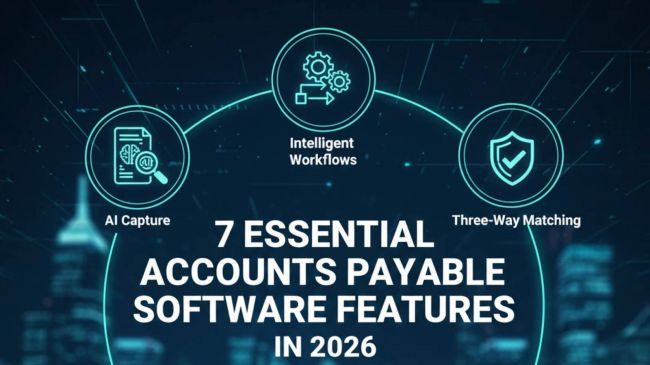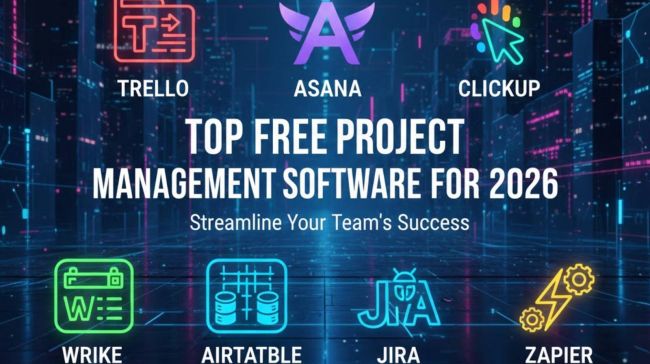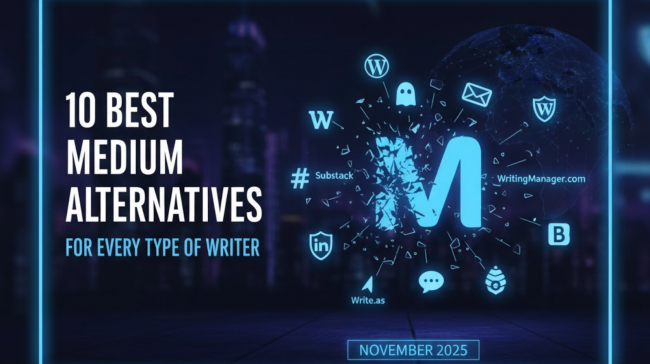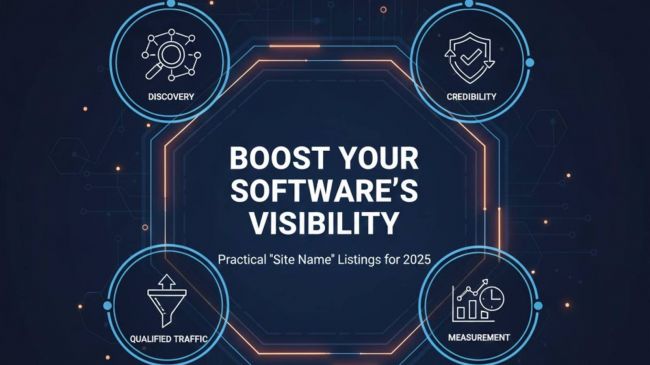On This Page
- The Rising Demand for AI-Adapted Professionals
- Turning Curiosity into Career Leverage
- Building Skills Recruiters Value Most
- How Recruiters Evaluate AI Readiness
- Transforming Traditional Skills with AI
- Learning Paths That Accelerate Growth
- Standing Out in AI-Driven Industries
- Creating a Personal Brand Around AI Competence
- Future-Proofing My Career with AI
- Final Reflection
I remember sitting across from a recruiter who asked me a question that stuck: “How do you stay relevant in a world where AI is changing everything?” At that moment, I realized that showcasing technical knowledge wasn’t enough. I needed to prove that I could work with AI, not against it. That shift in perspective changed how I built my career, and it’s the same edge recruiters are looking for today.
The Rising Demand for AI-Adapted Professionals
In 2025, the World Economic Forum estimates that 97 million new roles will emerge as businesses adopt AI and automation. Yet, recruiters aren’t just scanning résumés for coding expertise. They’re searching for professionals who know how to leverage AI to solve real problems, enhance decision-making, and accelerate results. I learned that positioning myself as AI-adapted made me stand out in competitive hiring markets.
Turning Curiosity into Career Leverage
I didn’t start with deep AI expertise. My advantage came from curiosity. I experimented with AI tools to streamline reports, summarize research, and even draft client presentations. Each time I shared how I used AI to improve outcomes, recruiters leaned in. They weren’t impressed by theory; they wanted proof that I could apply new tech in practical ways.
Building Skills Recruiters Value Most
Through trial and error, I discovered the skills that consistently caught recruiters’ attention:
- AI-augmented problem-solving – Using AI to brainstorm creative solutions or detect patterns others missed.
- Data literacy – Understanding how to read, clean, and interpret data without needing to be a data scientist.
- Prompt engineering – Writing effective prompts for tools like ChatGPT to generate precise and actionable results.
- AI-ethics awareness – Knowing the limits, biases, and ethical considerations of deploying AI in business.
- Human-AI collaboration – Demonstrating how AI supports, not replaces, strategic thinking.
These weren’t abstract concepts. I showcased them in interviews by explaining how I saved hours using AI-driven research or improved accuracy with automated analytics.
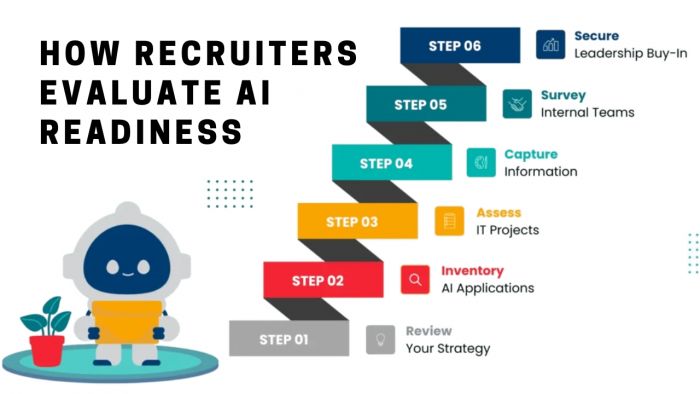
How Recruiters Evaluate AI Readiness
Recruiters now ask different questions. Instead of “Can you use Excel?” they ask, “How do you use AI to speed up your workflow?” I remember one recruiter nodding when I explained how I used natural language models to summarize 100-page reports into two pages for executives. That answer turned a standard interview into a job offer.
Transforming Traditional Skills with AI
I used to think soft skills couldn’t mix with AI. I was wrong. Communication, creativity, and leadership became even stronger when I layered AI tools into them. For instance, AI helped me draft clear meeting agendas faster, but it was my leadership that made the meetings productive. Recruiters notice when candidates blend technical and human skills seamlessly.
Learning Paths That Accelerate Growth
I didn’t go back to school for another degree. Instead, I pieced together resources that kept me agile:
- Free AI courses on Coursera and edX.
- YouTube tutorials for quick skill refreshers.
- LinkedIn Learning for applied workplace examples.
- AI-focused communities on Reddit and Discord for peer learning.
Each resource added a layer of confidence that I could explain to recruiters. More importantly, I had stories to share about applying new knowledge right away.
Standing Out in AI-Driven Industries
Different industries expect different applications of AI. In marketing, recruiters wanted to hear how I used AI to optimize campaigns. In finance, they cared about risk detection. In HR, it was about bias reduction in hiring. I realized that tailoring my AI stories to the recruiter’s industry made me more persuasive.
Creating a Personal Brand Around AI Competence
I started sharing my AI journey on LinkedIn, short posts about tools I tested, lessons I learned, and mistakes I made. Recruiters began reaching out to me, not the other way around. By consistently showing my growth, I built credibility without needing to call myself an “AI expert.”
Future-Proofing My Career with AI
The skills I built weren’t just for landing the next job. They became a shield against uncertainty. As industries evolve, I feel confident that I can adapt faster than most. Recruiters sense that resilience, and it gives me an edge in conversations.
Final Reflection
When I look back, the AI advantage wasn’t about mastering algorithms. It was about showing recruiters that I could learn, adapt, and apply AI to create value. That’s the skill no recruiter can ignore, and it’s one anyone can build with curiosity, practice, and persistence.
Post Comment
Be the first to post comment!
